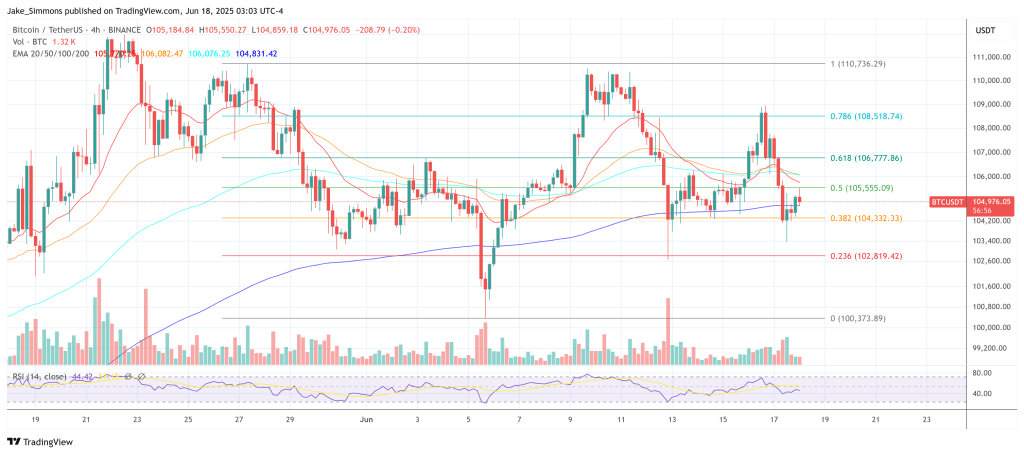Ukraine Makes History: Parliament Introduces Groundbreaking Bitcoin Reserve Bill
Ukraine just fired a shot across the bow of traditional finance.
The Verkhovna Rada dropped a bombshell today—legislation proposing Bitcoin as an official reserve asset. No more whispers or maybes. This is the first time a sovereign nation's parliament has formally considered putting BTC on the balance sheet.
Why it matters: When fiat currencies play musical chairs, Bitcoin doesn't need a seat. The bill could position Ukraine as the most crypto-forward government since El Salvador's 2021 play—except with actual parliamentary debate instead of a presidential power move.
Between the lines: This isn't some feel-good crypto bro proposal. We're talking cold, hard treasury management. The same institutions that mocked Bitcoin for years are now watching a war-torn nation potentially outflank them on monetary innovation.
Bottom line: Banks will call it reckless. Bitcoiners will call it inevitable. Either way, the genie's out of the bottle—and Goldman Sachs just choked on its champagne.
Ukraine Introduces Bill To Add Bitcoin To NBU Reserves
According to an explanatory note published by the LigaZakon legal portal, the draft would insert VIRTUAL assets into the list of internationally recognised reserve assets under the 1999 Law “On the National Bank of Ukraine.”
It WOULD also authorise three new channels for acquiring such assets—direct market purchases, acceptance of income denominated in virtual assets and borrowings of virtual assets from multilateral lenders or foreign central banks—and would permit their disposal either through open-market sales for monetary-policy purposes or through repayment of virtual-asset liabilities to official creditors.
Zheleznyak emphasises that the language is permissive rather than compulsory. “We give the National Bank the right to include virtual assets in Ukraine’s reserves. How, when and how much is left entirely to the regulator,” he told Korrespondent.net after the filing, adding that the proposal “does not oblige” the NBU but positions Ukraine “within global financial innovation.” In a separate comment to business daily LIGA.net he stressed that timing, method and volume would remain “the discretion of the central bank,” reiterating that the bill is written broadly on purpose.
The full text of the bill has yet to be posted on the Rada portal; several Ukrainian legal outlets note that the PDF remains inaccessible as of 18 June. Nonetheless, the outline now before committees is the clearest legislative attempt to date to give the NBU explicit authority to hold bitcoin alongside its existing reserve assets—monetary gold, IMF Special Drawing Rights, foreign-currency cash, and high-grade securities.
Ukraine’s international reserves stood at $44.53 billion on 1 June, according to the NBU data cited by Sudova Yurydychna Hazeta. Supporters argue that allowing a crypto component would diversify that stockpile and could serve as a back-up settlement rail if wartime disruptions sever traditional channels.
If enacted, Kyiv would join a very small group of sovereigns whose law explicitly permits Bitcoin to be held as a reserve asset; El Salvador, which disclosed a strategic holding of just over 6,200 BTC, remains the only country currently reporting such positions.
Under Rada procedure the draft now awaits a first-reading recommendation from the Finance Committee, after which it can be scheduled for plenary debate. No timetable has been announced, but the bill’s cross-factional sponsorship and the absence of immediate objections from the central bank suggest the proposal will receive serious consideration in the coming months.
At press time, BTC traded at $10,976.


